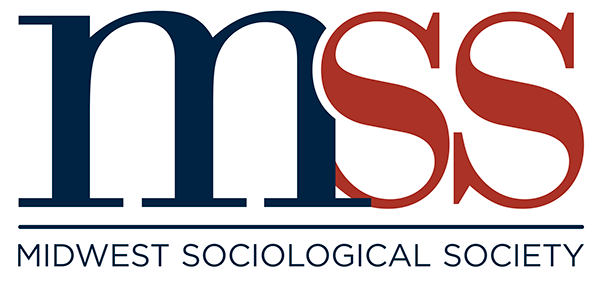"Care and the Sociological Vocation: Learning About, Through, and With Care"
From Chicago’s 19th century settlement house movement to community-focused studies of mutual aid during the Covid-19 pandemic and the uprisings of 2020, the theme of care has long and rich history in Midwestern sociology. According to feminist scholars Berenice Fisher and Joan Tronto, care can be understood as a “species activity” that maintains individual lives, relationships and social worlds. In popular culture, care is associated with positive sentiments such as empathy and compassion. Media representations of care often emphasize its potential to transform people’s lives, while social movements research has explored how “radical care” sustains activism for social change. But care also illuminates power and inequality. Responsibilities for care can reproduce gender, racial and other forms of domination, while political rhetorics of care can divert attention from the hard work of systemic change.
Since care is an inherently relational concept, care-focused research yields new insights about interactions, institutions, networks and hierarchies. But care also comprises a practical ethic that can guide sociological work in classrooms, research sites, and communities. Care-informed sociological practices may support many sociologists’ commitments to social justice and human (and more-than-human) flourishing, but practices of care can also be exhausting, underappreciated, and institutionally unrewarded, particularly for sociologists from historically marginalized communities. As sociologists who inhabit diverse social and institutional locations, how should we incorporate care into our work and how can we transform our workplaces to support the care work that we do?
The theme of the Midwest Sociological Society’s 89th Annual Meeting invites us to consider care’s complexities as they intersect with our research and professional practice. Join us in St. Louis, Missouri for an energizing array of paper sessions, workshops, panels and plenaries that will explore sociological knowledge about care and spark reflection on care’s role in sociological research, teaching, and community engagement. The MSS supports equity, inclusivity, and respect for differences and the Annual Meeting offers a welcoming and supportive environment for sociologists of diverse identities, interests, and career stages. Together, we will investigate contemporary realities of care and explore care’s place in the sociological vocation.
The submission portal will open on or about August 1, 2025. The submission deadline is October 15, 2025.
